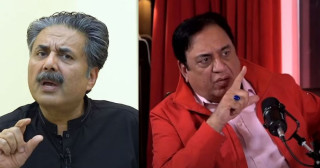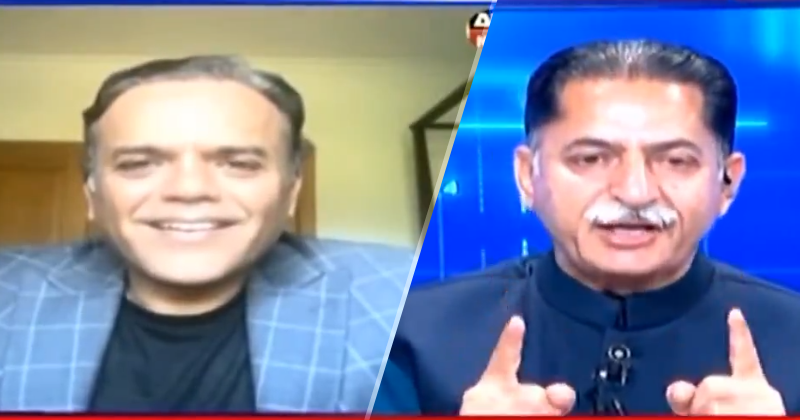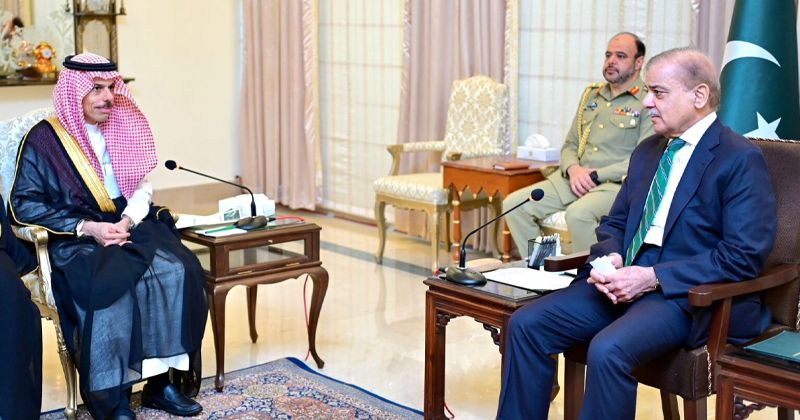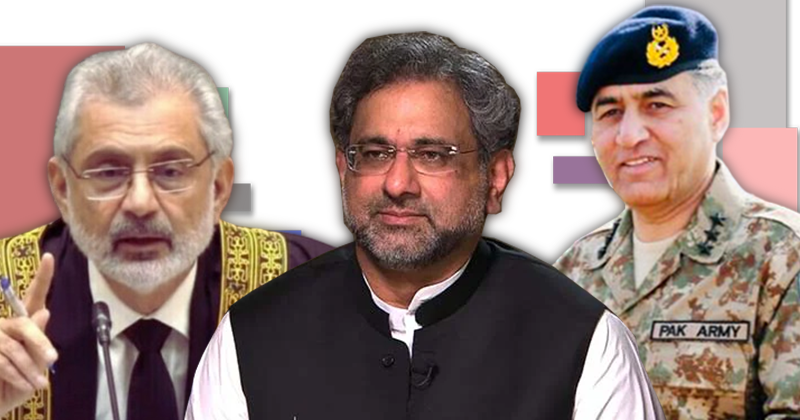[h=1]India and Pakistan Tell Banks to Cut Ties To Cryptocurrency[/h] David Z. Morris
The Reserve Bank of India late Friday issued an order saying that all entities under its regulation would have three months to cut ties with any service dealing in cryptocurrency. The order encompasses the nation’s banks, potentially making it much more difficult for Indians to buy cryptocurrency.
According to India’s Economic Times, the RBI did acknowledge that the technologies underlying cryptocurrency could improve the efficiency of financial systems. But the body cited consumer protection and anti-money laundering efforts as motives for the dramatic clampdown.
At the same time, the State Bank of Pakistan issued similar restrictions to that nation’s banks and financial servicers. The SBP statement further clarified that digital currencies are “not legal tender, issued or guaranteed by the Government of Pakistan,” and that “SBP has not authorised or licensed any individual or entity for the issuance, sale, purchase, exchange or investment in any such Virtual Currencies/Coins/Tokens in Pakistan.”
Get Data Sheet, Fortune’s technology newsletter.
Despite widespread confusion, neither of the declarations appears to constitute a “ban” on the private possession or legal use of cryptocurrency. They will, however, largely prevent the transfer of national currencies to exchanges that sell cryptocurrency. The moves do not seem to have had a major impact on global cryptocurrency prices, which were trending up across the board at press time. But local exchange Coinome told Reuters that the price of Bitcoin plummeted in India to more than $1,000 below the global average.
India and Pakistan have arguably saw more of the downside of the 2017 craze for cryptocurrency than some other countries. Many of the victims of OneCoin, an apparently entirely fraudulent Ponzi scheme that took on the trappings of cryptocurrency, were Indian.
Indian authorities have also shown extraordinary interest in monitoring and controlling citizens’ financial activity. In late 2016, Prime Minister Narendra Modi enacted a sweeping “cash ban” that invalidated many paper denominations of the rupee. The stated goal was to combat corruption and terrorism, and press the transition towards digital payments, but the policy has fallen short of those goals while creating substantial chaos in the country.
Source
The Reserve Bank of India late Friday issued an order saying that all entities under its regulation would have three months to cut ties with any service dealing in cryptocurrency. The order encompasses the nation’s banks, potentially making it much more difficult for Indians to buy cryptocurrency.
According to India’s Economic Times, the RBI did acknowledge that the technologies underlying cryptocurrency could improve the efficiency of financial systems. But the body cited consumer protection and anti-money laundering efforts as motives for the dramatic clampdown.
At the same time, the State Bank of Pakistan issued similar restrictions to that nation’s banks and financial servicers. The SBP statement further clarified that digital currencies are “not legal tender, issued or guaranteed by the Government of Pakistan,” and that “SBP has not authorised or licensed any individual or entity for the issuance, sale, purchase, exchange or investment in any such Virtual Currencies/Coins/Tokens in Pakistan.”
Get Data Sheet, Fortune’s technology newsletter.
Despite widespread confusion, neither of the declarations appears to constitute a “ban” on the private possession or legal use of cryptocurrency. They will, however, largely prevent the transfer of national currencies to exchanges that sell cryptocurrency. The moves do not seem to have had a major impact on global cryptocurrency prices, which were trending up across the board at press time. But local exchange Coinome told Reuters that the price of Bitcoin plummeted in India to more than $1,000 below the global average.
India and Pakistan have arguably saw more of the downside of the 2017 craze for cryptocurrency than some other countries. Many of the victims of OneCoin, an apparently entirely fraudulent Ponzi scheme that took on the trappings of cryptocurrency, were Indian.
Indian authorities have also shown extraordinary interest in monitoring and controlling citizens’ financial activity. In late 2016, Prime Minister Narendra Modi enacted a sweeping “cash ban” that invalidated many paper denominations of the rupee. The stated goal was to combat corruption and terrorism, and press the transition towards digital payments, but the policy has fallen short of those goals while creating substantial chaos in the country.
Source










































